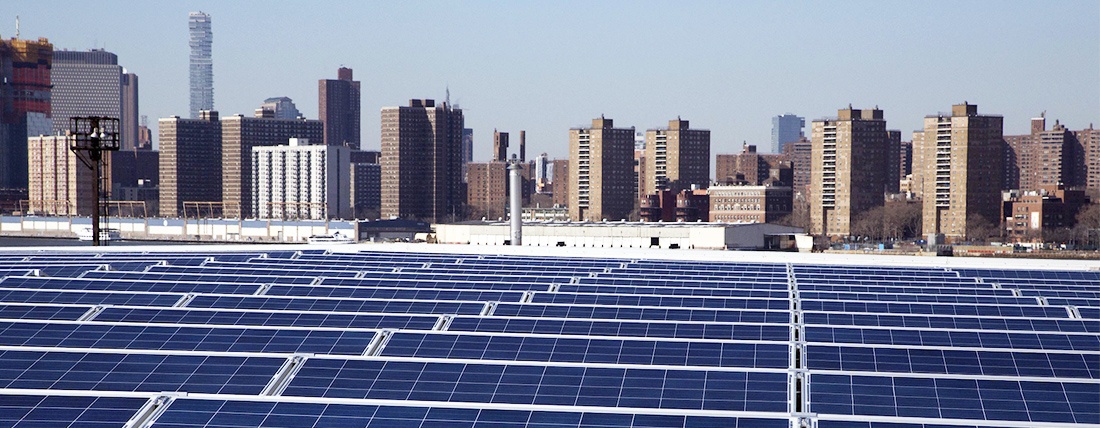
Solar has been getting a lot of attention in the past couple of years in Florida, and there is a reason why. Not only has the cost of solar been going down significantly year by year, but Florida is also one of the best states in the country for solar.
In fact, Florida ranks 3rd in the nation in solar potential, yet they fall much lower when looking at how much solar is actually installed in the state. Florida ranked 12th in the nation in regards to that aspect.
People are starting to recognize that in past Florida has not taken the correct path to make use of their state’s solar potential, so now they are stepping up to the task. In the past couple of years, there has been some new policies, updates, and advances being made.
In this post, we will give you the latest in home solar laws in Florida.
South Miami Solar Requirement
Earlier this month, California made a historic decision to require all new homes and major home renovations to include a solar panel system. The reason why this was such a groundbreaking move is that it was the first time an entire state enacted a policy like this. Before this, there were already a few cities that had a similar mandate in place, and South Miami was one of them.
South Miami was the first city outside of the state of California to enact such a measure. The new rules took effect on September 18, 2017, and require a minimum of 175 square feet of solar panel installations for every 1000 square feet of exposed roof, or at least 2.75 kW of capacity for that same space.
This applies to all new homes that are larger than 1,100 square feet and some major home renovations but is not a requirement for commercial properties. The cost for a single-family home will rise by around $11,000, but this will increase solar installations tremendously.
Amendment 4 of Senate Bill 90
Last November, two amendments to Senate Bill 90 were proposed in the Florida Senate. Only one of these amendments was approved (Amendment 4), which extended property tax exemptions from just residential solar systems to also include commercial solar systems. Although Amendment 4 has a lot to do with solar, it is not limited to just this form of renewable energy.
Since 2014, residential solar panel systems in Florida were exempt from a homeowner’s property assessment for their taxes. This means that the value of the system would not be added to the home’s value when assessing how much the homeowner should pay in property taxes. This helps save hundreds and even thousands of dollars over the lifetime of the solar panel system.
Amendment 4 simply extended this exemption to include commercial buildings as well as homes. The only difference for commercial buildings is that only 80% of the value of the renewable energy system can be exempted from the property assessment, whereas 100% of a home system’s value can be exempted.
Florida Solar Lease
Not everyone can afford to buy their own solar panel system outright. For these consumers, solar leasing is a potential option. Most states use the power-purchase agreement (PPA), which allows a utility company or other energy provider to own a home’s solar panel system and then sell that home the electricity at a cheaper rate.
Unfortunately, this model is illegal in Florida and therefore, it has been much harder for policymakers to figure out an effective alternative.
In the past couple of months, however, the Florida Public Service Commission made a decision that will change solar leasing for the future. They decided that Sunrun Inc., the largest U.S. residential-solar company, could now operate in Florida and provide 20-year solar-equipment leases to consumers.
The Commission made this conclusion because they decided that a solar lease did not constitute a retail sale of electricity, which is the underlying issue behind the ban. With this move, solar leases will become available to people in Florida, which should drastically increase the adoption of solar.
Reaching its Potential
Florida has a ton of potential for solar, and in the past couple of years, policymakers have recognized this and started to step up.
They are home to a city that is one out of just a handful of others that require solar installations on new homes, they are enacting policies to help make solar more affordable and accessible to both commercial and residential properties, and they now allow solar leasing so that more consumers can take advantage of this technology.
The future is bright for solar in Florida, and on top of all of that, you can always take advantage of the 30% federal tax credit no matter which state you are in.



